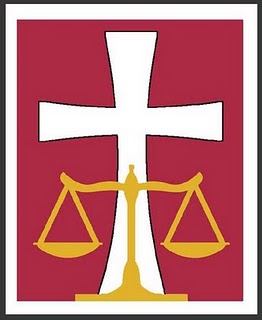Where do we stand?

Christian Legal Society Logo
| 1. Justice Kennedy is
the swing vote in these cases today. 2. What does he say about the rights of student religious organizations? A central lesson of our decisions is that a significant factor in upholding governmental programs in the face of Establishment Clause attack is their neutrality towards religion. We have held that the guarantee of neutrality is respected, not offended, when the government, following neutral criteria and evenhanded policies, extends benefits to recipients whose ideologies and viewpoints, including religious ones, are broad and diverse. More than once have we rejected the position that the Establishment Clause even justifies, much less requires, a refusal to extend free speech rights to religious speakers who participate in broad-reaching government programs neutral in design. The governmental program here is neutral toward religion. There is no suggestion that the University created it to advance religion or adopted some ingenious device with the purpose of aiding a religious cause....--Rosenberger v University of Virginia (515 U.S. 819 (1995)) (KENNEDY, J) Rosenberger is distinguishable from the instant case in various respects. Not least is that here the school policy in question is not content based either in its formulation or evident purpose; and were it shown to be otherwise, the case likely should have a different outcome. Here, the policy [groups must admit "all comers"] applies equally to all groups and views. And, given the stipulation of the parties, there is no basis for an allegation that the design or purpose of the rule was, by subterfuge, to discriminate based on viewpoint. --Christian Legal Society v Martinez (--U.S. -- (2010)(KENNEDY, J., concurring) |
Justice Kennedy on Tuition Aid to Religious Schools
Exploring Constitutional Law